With the cost of living challenges for us all in just about every aspect of our lives, job hunting may become a whole lot harder. But the paralegal profession should not despair as the need for paralegals is still there.
New graduates and existing paralegals need to understand that in today’s economic crisis, where law firms are looking carefully at their existing workforce and deciding to make cuts, if any, are still looking to recruit Paralegals who can do most legal tasks at a lower rate of pay than Solicitors.
However, during any economic downturn, it will become harder to gain new employment in professional roles and therefore you need to stand out from the competition. To do this you need to be able to demonstrate you have a good reputation as well as experience.
What does your professional reputation look like?
You need to start to build your professional reputation through networking, volunteering, or doing pro-bono work to gain extra experience if needed. Follow these five steps to get started on your new career:
Obtain status from a professional body
By joining the Institute of Paralegals (IoP) you are showing commitment to your profession and a desire to be recognised for your qualifications, training and/or experience.
By displaying your designatory letters after your name, shows potential employers that you have achieved a certain level of status that has been recognised by a professional body. If you do not have qualifications, then the experiential route may enable you to obtain Qualified or Fellow status. This is particularly useful for persons with experience, who through illness or disability may not have been able to undertake training and qualifications.
There is a membership level for all, starting at student level, which is ideal for undergraduates.
The IoP sets the competency standards for the paralegal sector and so this is a great place to start.
Membership enables you to become part of the paralegal community and to learn from other paralegals about your area of practice, sharing tips and knowledge.
Network!
LinkedIn is the world’s largest professional network. Employer’s often use LinkedIn to find and recruit employees, so if you have not already got one, a LinkedIn profile is a must to maximise your chances of being found and noticed.
- Grow your connections of old
- Follow companies you would like to work for
- Check out job descriptions that interest you and use a few relevant key words in your profile
- Engage by liking, commenting, and sharing relevant, informative, and interesting posts
- Join relevant groups - a good start is the UK Paralegal Forum
You should also get your name out there in the legal community:
- Attend legal and Paralegal conferences, run by the Professional Paralegal Register (PPR)
- Enter industry related awards, such as the National Paralegal Awards (NPA)
- Attend events run by your professional body and other legal groups
- Use Twitter to build your reputation and to find job vacancies
- Approach companies, law firms, local authorities etc to try and obtain work experience or shadow another legal professional - this will boost your CV!
Volunteer
Not only does volunteer work provide you the experience that you need to get a paying paralegal job, but it gives you something great to put on your resume, helps get your name out in the legal community as a caring and dedicated paralegal, allows you to meet some potential employers and co-workers, and provides you with a great chance to network.
Practice your interview skills
Interviews can put the fear into the most confident of candidates. It is essential that you actually practise the skills needed to ensure you are at your most relaxed and confident as is possible when you arrive at your interview.
Good communication skills can help you when networking, volunteering or attending events. Practice what you might say in different situations both formal and informal, such as chatting at a networking event.
Look for jobs
There are also a lot of recruiters of paralegal jobs and you can start here.
There are lots of opportunities for Paralegals, you just need to improve your chances by following these simple steps.
__
If you would like to join a professional membership body for Paralegals or you would like to find out more about becoming a Paralegal, contact the Institute of Paralegals (IOP) (https://theiop.org/). Follow on Twitter, Facebook and LinkedIn.
Rita Leat, Chief Executive
About the Author
Rita Leat is Chief Executive of the Institute of Paralegals, a professional membership body that connects individuals with the shared purpose of providing professional legal services.
The Institute is the standard setting body for Paralegals as recognised by the unregulated legal services sector regulator, the PPR. They are the only Paralegal Body that is recognised by the voluntary regulator as having robust professional standards.



